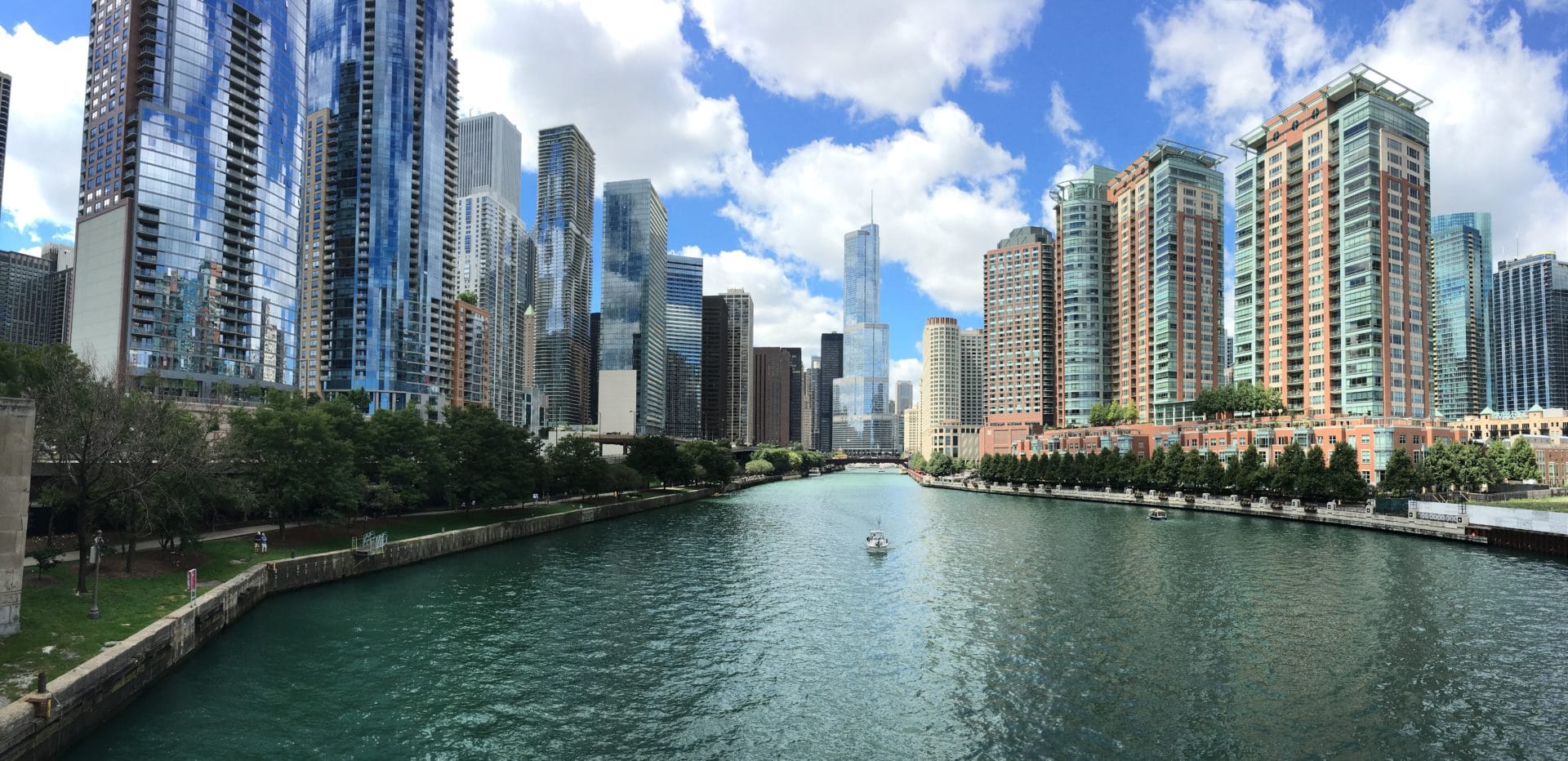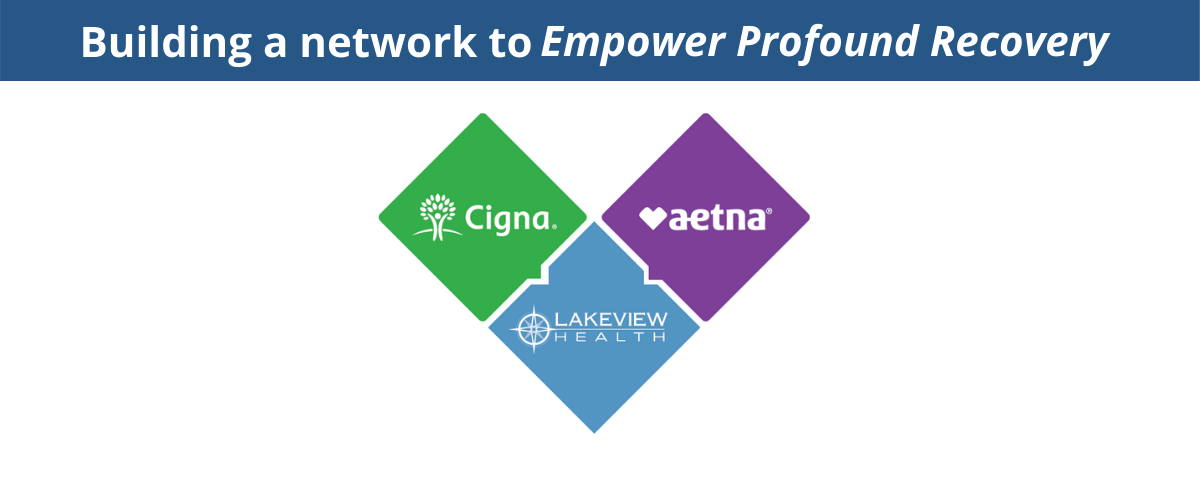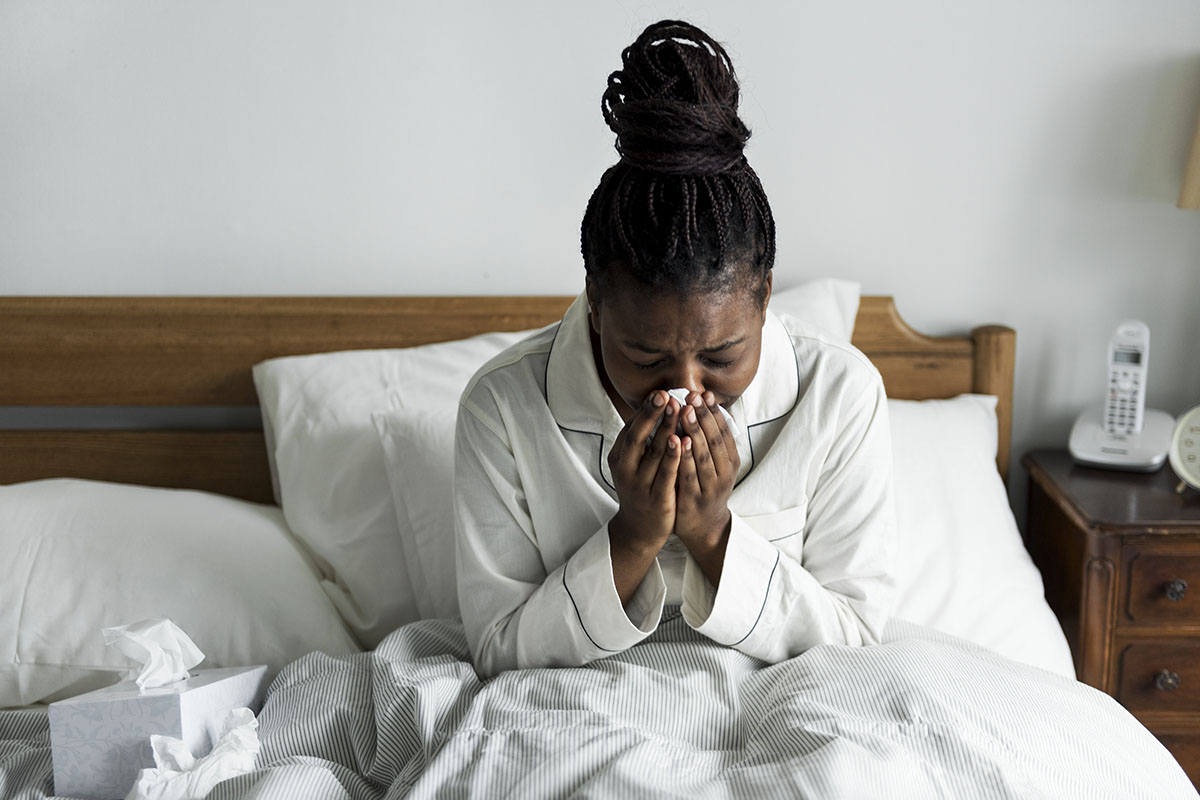

By: Michael Rass
A new poll from the National Safety Council (NSC) shows one in three Illinois residents has been directly touched by the opioid epidemic ravaging the nation. Illinoisans may have personally known someone who has become addicted to opioids, known someone who overdosed or died from an overdose or suffered from opioid use disorder themselves. Last year, 2,350 Illinois residents died of drug overdoses, a 38 percent increase over 2014. Prescription opioids or heroin contributed to nearly 80 percent of these deaths. According to official data, more Illinoisans died from an opioid drug overdose (heroin and prescription opioids) in 2014 than from homicide or motor vehicle accidents:
- Opioid drug overdoses killed 45 percent more people than homicides
- Opioid drug overdoses killed 25 percent more people than motor vehicle crashes
- Opioid drug overdoses killed more people than people who died due to all gun-related causes (including homicide, suicide, and accidental shootings)
Despite these stark statistics, a majority of respondents were unconcerned about the dangers posed by prescription pain relievers. According to the NSC, “the survey findings illustrate the stark and troubling contrast between the scope of Illinois’ opioid epidemic and how Illinoisans perceive it. Despite the crisis impacting so many, 41 percent of those surveyed are not concerned about prescription pain medication as a potential cause of death or injury for their family.” Despite the escalating crisis, most respondents seem to think addiction is something that happens to other people. Only 12 percent of poll participants were concerned about becoming addicted to opioids themselves, despite 51 percent reporting a personal or family history that puts them at a higher risk for addiction. “We all are mere degrees of separation from the biggest public health crisis in recorded American history,” NSC President and CEO Deborah A.P. Hersman said. “The good news is we can do something about it. This survey shows us where we need to focus attention so we can develop countermeasures that save lives.” One of those countermeasures has been the distribution of the opioid antagonist naloxone (Narcan), but 38 percent of the respondents in the survey had not heard of naloxone, which is used to reverse overdoses and is available at no cost in Illinois without a prescription. Another finding from the survey: 35 percent are not confident they know where to go if they or someone they know needs substance use disorder treatment. That is the kind of information Jackie Zuccaro makes available on a regular basis. The Illinois representative for Lakeview Health gets calls almost every day from patients, parents, or referral sources trying to find the right treatment facility. Many need the kind of addiction treatment only a few high-quality rehab centers like Lakeview Health can provide. One of the keys to ending the opioid epidemic is getting the public to understand the severity of addiction, especially to legal prescriptions like opioids. Addiction is a complex disease of the brain, and many patients have dual-diagnosis conditions that need to be addressed adequately. Often, patients with substance use disorder are really self-medicating emotional pain caused by trauma. If left untreated, a sustained recovery from addiction is unlikely. All staff at Lakeview have been trained in trauma-informed care. “Addiction and any co-occurring condition should be treated together in one setting,” says Zuccaro. Lakeview Health’s multidisciplinary treatment team offers therapies customized to fit individual physical, emotional and spiritual needs to lay the foundation for a successful recovery from addiction.





